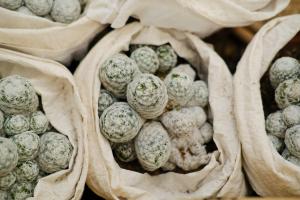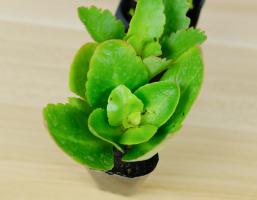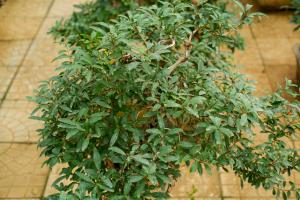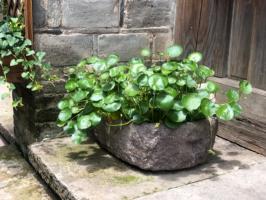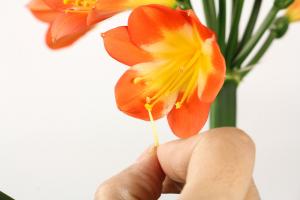Introduction
Potted plant flies, also known as fungus gnats, can be a nuisance to indoor gardeners. These small, black flies breed in moist soil and can quickly infest your houseplants. Fortunately, there are many ways to get rid of potted plant flies without using harmful chemicals.
Cultural Control Methods
One of the best ways to control potted plant flies is through cultural practices. Start by allowing the soil to thoroughly dry out between waterings. This will help eliminate the moist conditions that the flies need to breed. You can also improve drainage by adding sand or perlite to the soil mix or by placing a layer of rocks at the bottom of the pot. Additionally, remove any dead or decaying plant material, which serves as a breeding ground for potted plant flies.
Biological Control Methods
Another way to get rid of potted plant flies is through biological control methods. One of the most effective biological control agents is the use of nematodes. These microscopic worms can be added to the soil and will feed on the larvae of potted plant flies. Other biological control methods include predatory mites and insect-eating bacteria.
Sticky Traps
Sticky traps are a popular option for controlling potted plant flies. These small, adhesive strips can be placed in the soil or attached to the plant's foliage. The flies are attracted to the bright yellow color and become stuck to the trap. Be sure to replace the traps frequently as they become filled with flies.
Insecticidal Soap
If cultural and biological control methods are ineffective, you may need to resort to using an insecticidal soap. This type of soap contains natural oils that are toxic to potted plant flies. Be sure to read and follow the label instructions carefully and apply the soap when the plants are not under stress or in the heat of the day.
Conclusion
In conclusion, potted plant flies can be a frustrating problem for indoor gardeners. However, there are many effective ways to control these pesky insects without resorting to harmful chemicals. By using cultural practices, biological control methods, sticky traps, and insecticidal soap, you can keep your houseplants healthy and free from potted plant flies.

 how many times do yo...
how many times do yo... how many planted tre...
how many planted tre... how many pine trees ...
how many pine trees ... how many pecan trees...
how many pecan trees... how many plants comp...
how many plants comp... how many plants can ...
how many plants can ... how many plants and ...
how many plants and ... how many pepper plan...
how many pepper plan...
